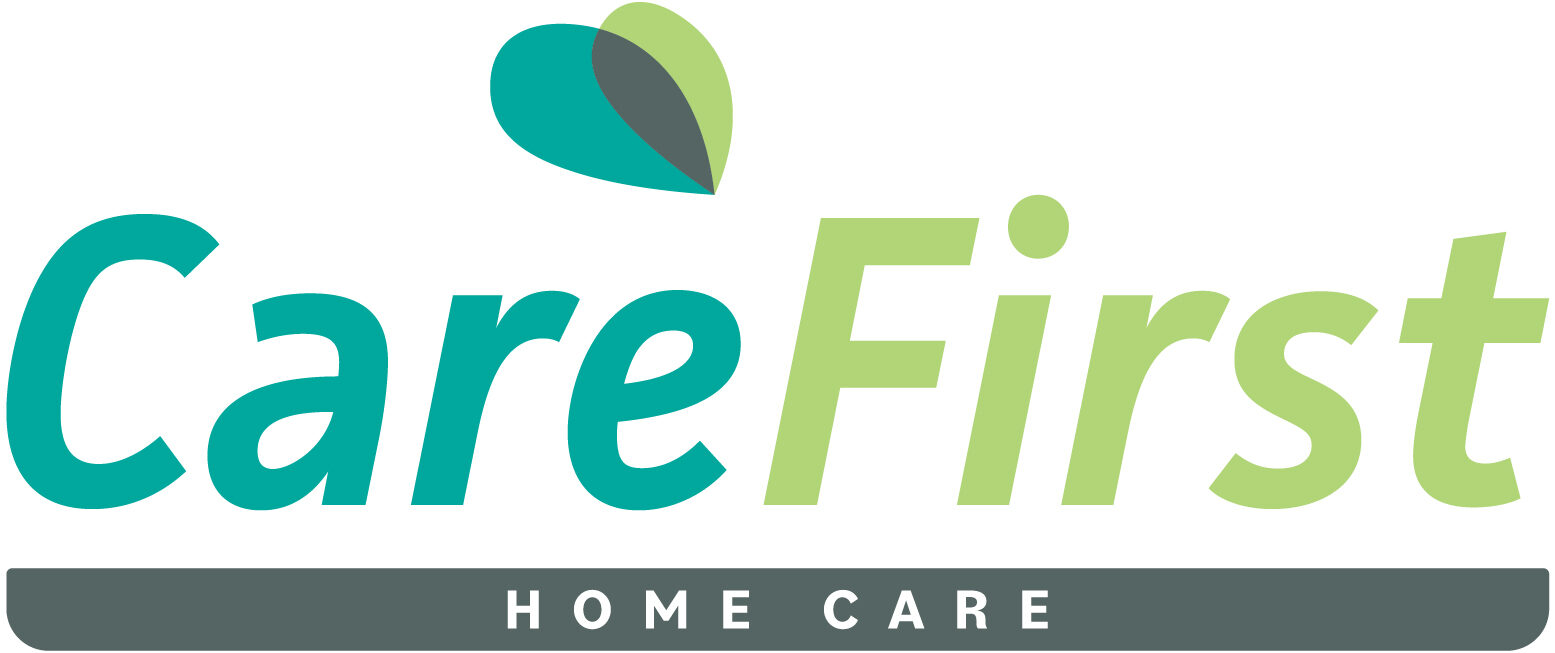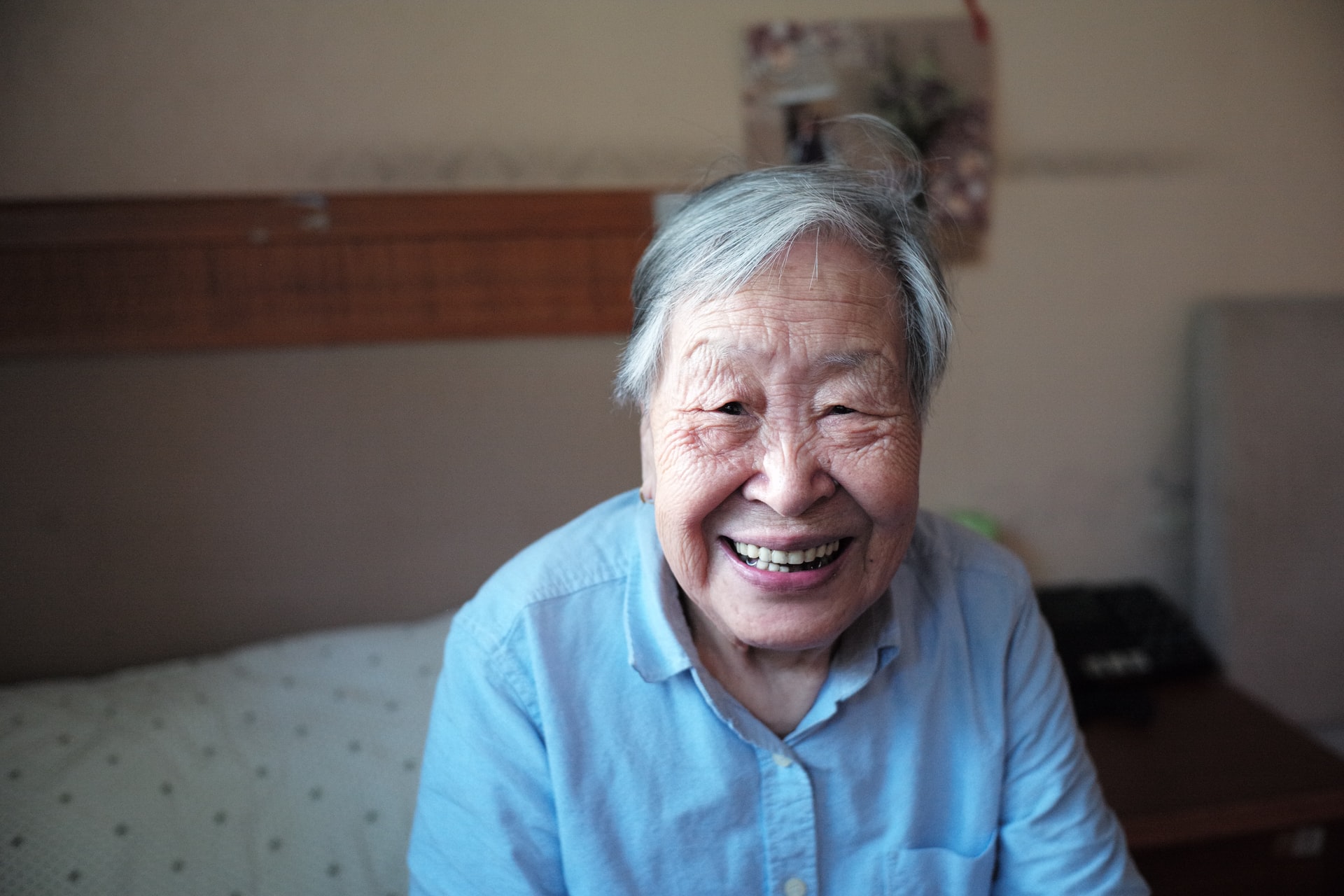It’s a scary thought – an Alzheimer’s patient in the throes of the disease may not even be aware that he or she is sick. They may think they’re perfectly healthy and be completely oblivious to the symptoms taking over their lives, to the horror of friends and family.
Yet this phenomenon – called anosognosia – affects many with Alzheimer’s and other advanced conditions. In fact, one study found that up to 77% of all stroke patients suffered from anosognosia for at least a short period of time following the stroke and had no awareness that anything was wrong.
Here, we’ll talk about anosognosia and how it can impact patients with Alzheimer’s and their families – and what you can do about it.
Defining Anosognosia
We don’t know a lot about anosognosia, but we do know it exists and can be counterproductive to treatment.
Broadly speaking, anosognosia is a perception that no impairment exists, even though one clearly does to friends and family. The affected person may think and behave as if nothing’s wrong, even though outside observers can plainly see that something has happened.
Researchers believe that the condition results from changes in the brain, particularly the parts of the brain, like the frontal lobes, that control how we perceive ourselves. The frontal lobes may play a key role, because they govern how we understand context of our experiences. When damage occurs, one side of our brain may be hindered in its ability to process reality, and the other side of the brain – typically the left – compensates through denial and other mental tricks that try to maintain our sense of reality.
Alzheimer’s patients are particularly vulnerable to anosognosia. The University of Florida found that as many as 81% of all Alzheimer’s patients have suffered or do suffer from anosognosia in some form. The risk increases if the person has had a stroke or has had a brain tumor, or has experienced some other form of trauma to the brain.
How You Can Cope with Anosognosia
Those who have cared for patients with Alzheimer’s know how difficult that disease can be. It’s not easy to witness a loved one slowly deteriorating. It’s even more difficult to watch someone who may be unaware that this is occurring, and may be combative, irritable, aggressive, and angry as a result. It is particularly hard to cope with someone who is in full denial that they are impaired, because of how they may react and respond to caregivers.
The instinct is to try and convince the person that they are impaired and overcome their objections. This may be more difficult than you think, though, and may be outright impossible. The best thing is to try and mitigate the effects of this phenomenon, instead of trying to make your loved one “see the light.”
The best tips for dealing with anosognosia include:
- Remaining calm, patient, gentle
- Being empathetic with your loved one about difficulty with basic tasks
- Create structure with scheduled tasks and routines
- Help the person with tasks that give them trouble
- Giving yourself opportunity to rest and relax
Many caretakers in this position find it helpful to hire a home health aide or an in-home nurse for their loved one. This person is not only skilled at dealing with Alzheimer’s patients – especially those with anosognosia – but can also be a way to lift part or all of the burden of caring for a stricken loved one who may not know they’re sick.
In conclusion, it is possible for a person to have Alzheimer’s and not know it. No matter how difficult it may be, don’t give up. Help is out there, whether you care for your loved one yourself or trust a home health agency to do it for you. Stay patient and hopeful and your loved one will be better off for it.


